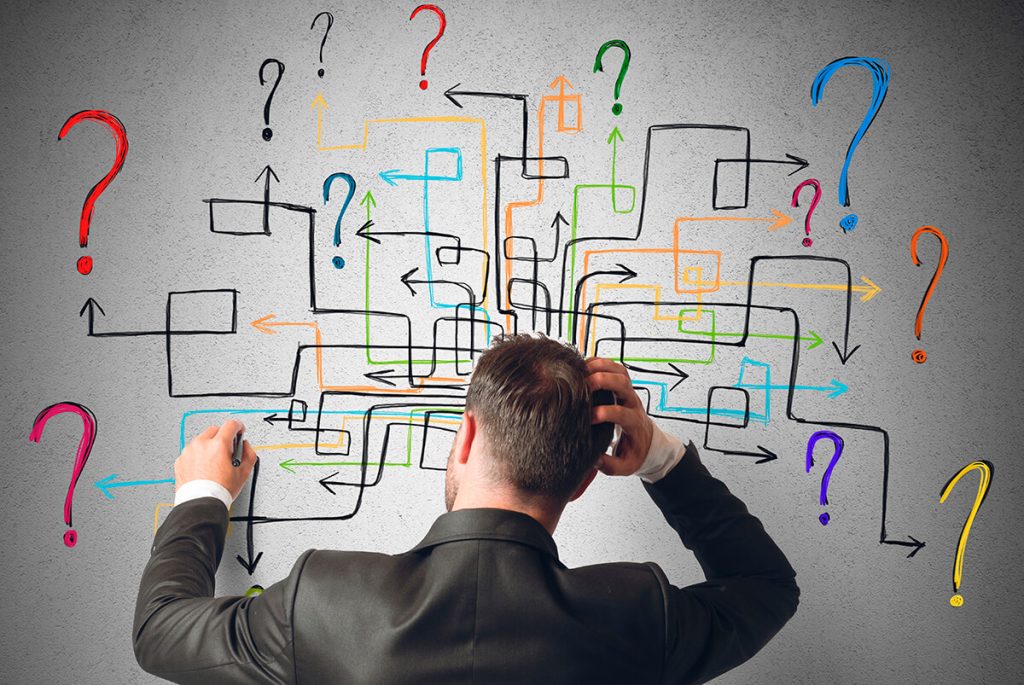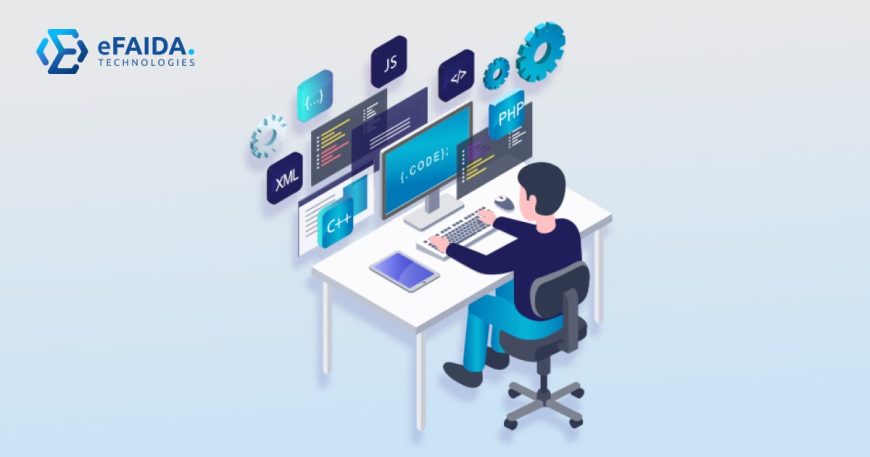Introduction
Enterprise software development is a solution creation approach distinct from the standard application development model by the set of issues each one is supposed to overcome and the exclusive properties that result in its creation. The current article is dedicated to the comparison and contrast of these types of software development, to highlight their main differences and the areas where they are generally alike.
Enterprise Software Development
Large enterprises off-the-shelf software will not be able to accommodate the complex requirements of their teeming industries, hence, these institutions will most likely be interested in hiring software development firms to develop their specialized software requirements from scratch. For example, applications used as enterprise systems to accomplish these objectives enhance productivity, streamline processes, and enhance teamwork between different departments and geographical locations. Developing software for an enterprise normally includes connecting the software with existing systems and databases and such adjustments are needed like scalability, security, and customization.
Standard Application Development
By contrast, traditional application development is a process to create software applications that are used by all kinds of people. Such applications are typically resorted by individuals or smaller businesses that are not liable to such level of comprehensive features or customized apps as enterprise software. While standard application development is mostly devoted to meeting the requirements of a particular user group and does not normally require the same level of resource use as enterprise software, these typically draw more business users and as a result extra solution capabilities, such as integration and scalability.

Key Differences
Scope and Complexity
The process of software development for enterprises is progressed facts and takes as a major factor a higher degree of customization than regular application development. Software for enterprises ought to be able to process huge amounts of data, link with the existing systems, and meet all the peculiar requirements of the specific organization.
Integration and Scalability
In many cases, projects in enterprise software development imply integrations with existing systems and databases which are to be developed according to the principles of scalability. Applications that use conventional development techniques might not have the same integration aspects or scalability features compared to certain applications.
Security and Compliance
Security is a number one concern for enterprise software development because the data that is being used is in general confidential. Enterprise software is expected to uphold the strict principles of security and keep regulations in view. In general, application development that requires no high level of security or compliance with the security engineering aspects of the system may not be relevant.
User Base and Use Cases
Enterprise software is one of the preferred options of corporations, as it is designed for more complicated requirements. For instance, a standard application will predominantly suit the purposes of individuals with general needs. The target users and use cases for each variety of software engineering are unique, hence the associated requirements to the design and development process may vary.
Conclusion
Modern corporations today apply typically two different approaches in the development of software solutions: enterprise software development and standard application development, such approaches have specific issues associated with each. Through knowledge of diverse software developers’ constructs, corporations can select the best system based on questions and strategic goals.
FAQs
Q1. What is the main difference between enterprise software development and standard application development?
A: Unlike software typically developed to meet specific requests, AI software is a unique and sophisticated concept aiming for more complex tasks and larger data sets. Enterprise software is built on top of existing programming languages and frameworks to provide both high performance and easy integration into an organization, while standard applications are designed for developers, not the project team.
Q2. How does security differ between enterprise software development and standard application development?
A: Among all vital elements in enterprise software development, security often stands on top, given this level of sensitive data employed. The Enterprise software needs to fulfill all the security requirements and regulations that are defined in a highly qualified manner, while ordinary standard apps do not always have to be compliant with the high-security requirements.
Q3. What are some examples of enterprise software?
A: Enterprise software broadly refers to the examples of the CRM (customer relationship management system), ERP (enterprise resource planning system), and SCM (supply chain management system).
Q4. What are some examples of standard applications?
A: Exemplary of these are software clients that are used for emails, web browsing, and the most common productivity software which is word processors and spreadsheet programs.
Q5. What skills are needed for enterprise software development?
A: Enterprise software development requires mastery of multiple languages, database management, and organizational management skills enhanced with strong analytical and problem-solving abilities by default.




